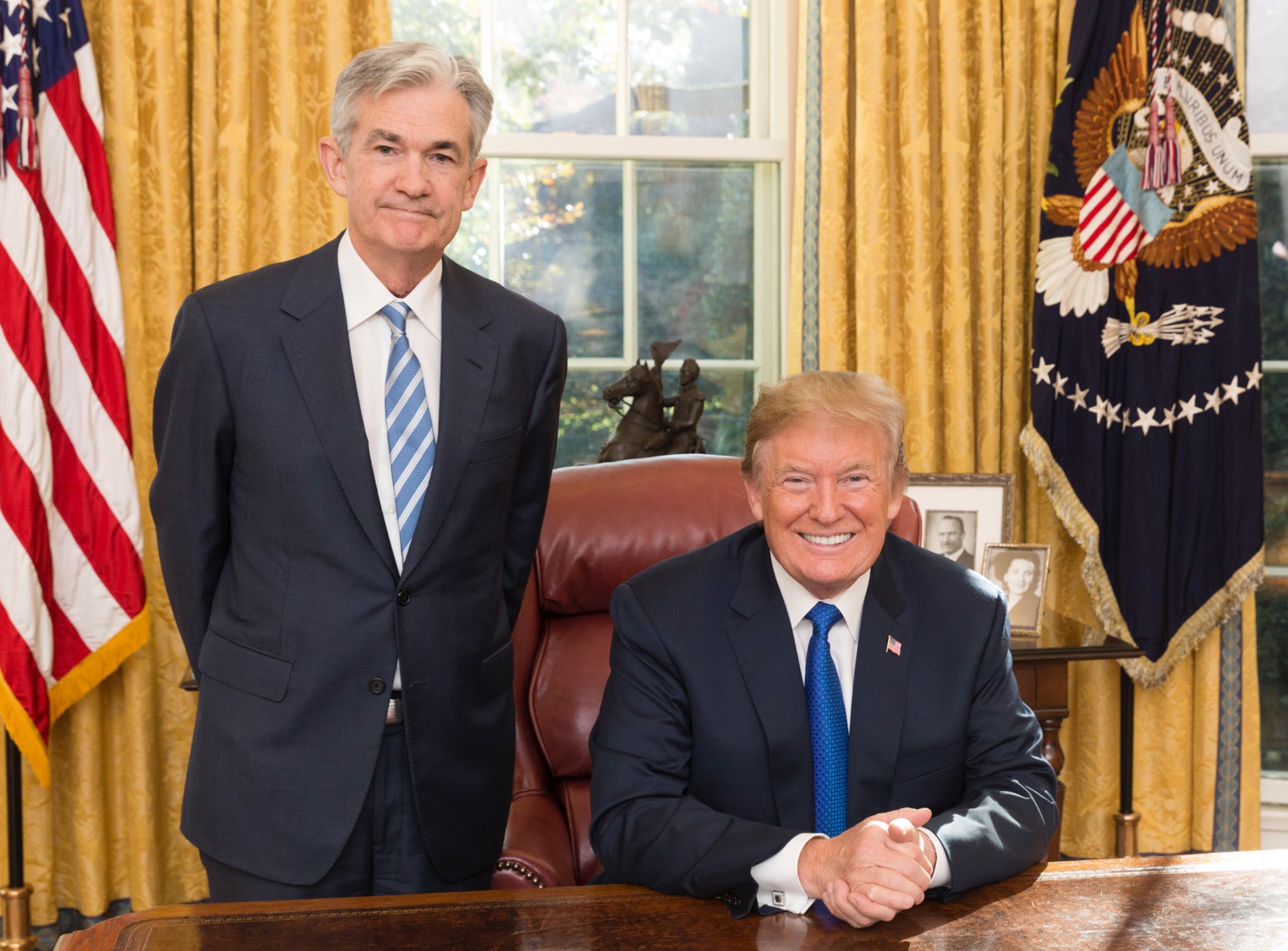Live Nation Entertainment (LYV) is seeking to dismiss several claims brought by U.S. states in a high-profile antitrust lawsuit concerning its ticket-selling subsidiary, Ticketmaster. The lawsuit, filed by the U.S. Department of Justice and a coalition of 39 states and the District of Columbia, alleges that Live Nation has stifled competition in the concert ticket market, inflating prices and harming both artists and event-goers. The states have added claims for triple damages on behalf of consumers in their regions, which Live Nation is now contesting.
The company argued in front of a federal judge in New York that the states' claims, particularly those related to ticketing fees and pricing, are not based on solid grounds. Live Nation contends that concert venues would likely not lower ticket prices for consumers even if their costs were reduced, suggesting that venue operators would instead keep the added profits. Live Nation also rejected allegations that it forces artists to use its concert promoting services when booking its owned venues.
Market Overview:- Live Nation is seeking to dismiss several states' claims in a major antitrust lawsuit regarding its practices with Ticketmaster.
- The lawsuit, filed by the U.S. Department of Justice and 39 states, claims that the company stifles competition, inflating ticket prices and harming event-goers.
- The case has implications for the concert and live events industry, as prosecutors seek to break up Live Nation and Ticketmaster.
- Live Nation contends that venues would not lower ticket prices even if their costs decreased.
- The company argues it is not obligated to let rival promoters use its owned venues.
- Public scrutiny over high ticket prices has intensified the pressure on Live Nation and Ticketmaster.
- The outcome of the legal motions could reshape the concert and ticketing industries.
- Live Nation aims to reduce the scope of claims and damages while states push for broader antitrust action.
- Industry changes may follow depending on whether the court sides with the states or the company.
This legal battle comes at a time when both Ticketmaster and Live Nation have faced significant public scrutiny over high ticket prices, especially following high-profile issues like the debacle over Taylor Swift's concert tickets. Critics argue that the lack of competition in the ticketing industry has allowed these companies to increase fees and reduce consumer options. The outcome of the case could have far-reaching implications for the live events industry, particularly if prosecutors succeed in their call to break up the company.
Looking ahead, Live Nation's legal strategy will focus on dismissing key claims and limiting the scope of damages, while states and the Justice Department aim to push forward with broader allegations of monopolistic practices. A ruling on these motions could influence the landscape of the live event and ticketing sectors for years to come.



